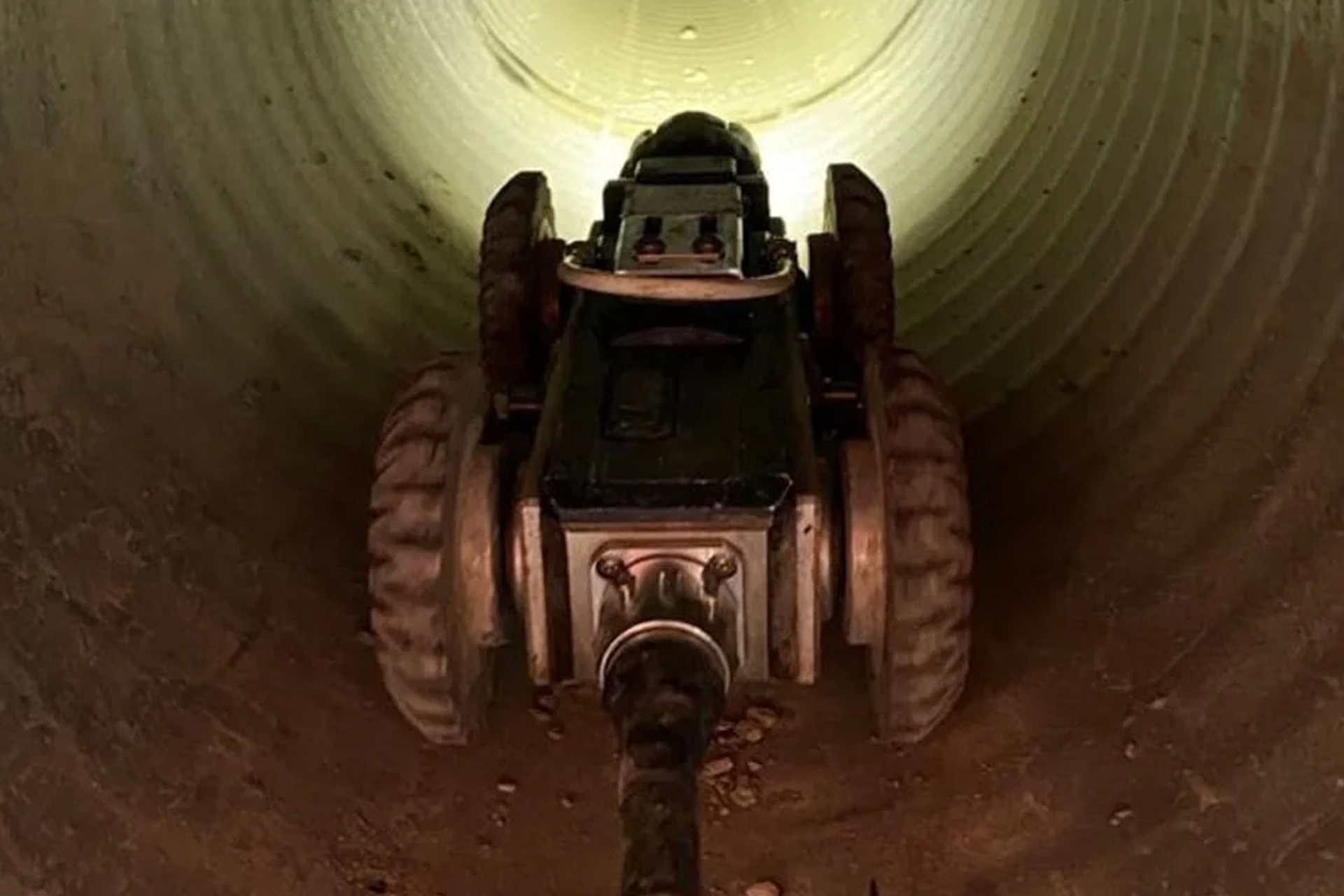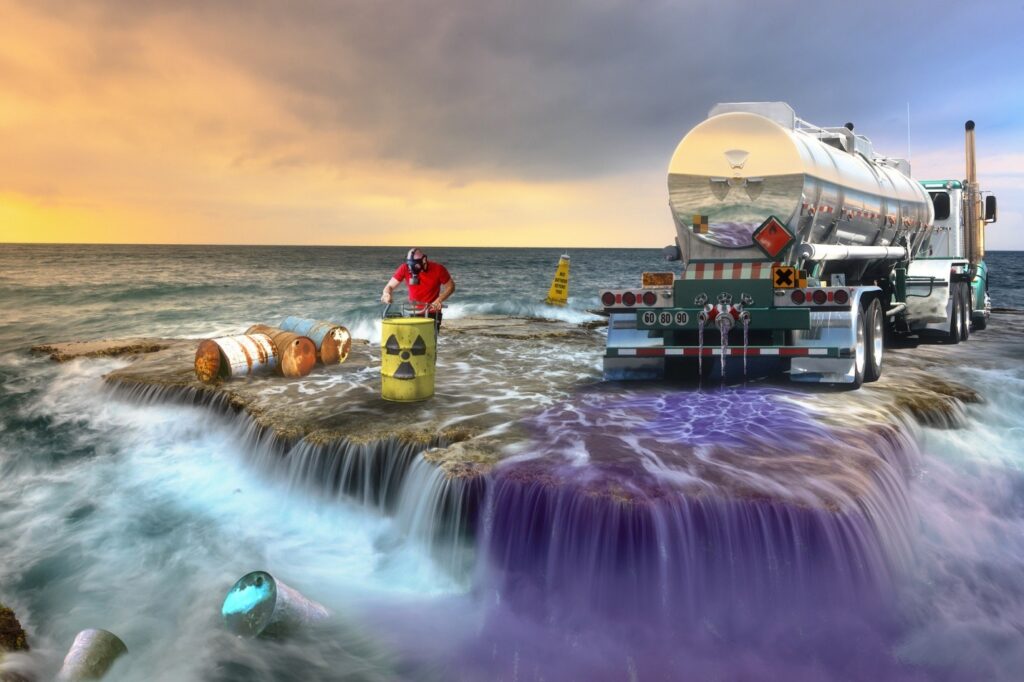The smart Trick of Reclaim Waste That Nobody is Discussing
The smart Trick of Reclaim Waste That Nobody is Discussing
Blog Article
The Best Strategy To Use For Reclaim Waste
Table of ContentsThe Definitive Guide for Reclaim WasteHow Reclaim Waste can Save You Time, Stress, and Money.Not known Details About Reclaim Waste The Ultimate Guide To Reclaim WasteThe Ultimate Guide To Reclaim Waste
Explore the kinds, incidents, and forms of liquid waste. Domestic sewer waste refers to the waste and items from a residential sewage-disposal tank. This kind of waste is developed by humans in homes, schools, and other structures. This only consists of sewage-disposal tanks that have a drain field. The appropriate administration and disposal of domestic sewer waste require fluid waste to be transferred to a sewage treatment plant where the appropriate methods and devices are related to cleanse and deal with waste.
Industrial waste typically includes possible risks, such as combustible materials or a blend of liquid and strong waste items, and requires a much more advanced and thorough disposal process. The disposal of industrial waste usually entails the filtering of waste prior to transport to ensure safe and appropriate disposal. Hazardous waste is produced from byproducts and overflow of commercial processes and production.
This kind of waste can not utilize the very same sewer monitoring transportation or processes as septic or business fluids. The industrial waste administration procedure requires the examination and screening of liquid waste before it goes through the disposal procedure (liquid waste removal). Drainage waste is the fluid waste that originates from drainage and excess stormwater in very populated areas or cities
Runoff waste can trigger contamination and flooding otherwise dealt with effectively. Discover more regarding sewer cleaning and waste management. Making sure correct waste monitoring can prevent disasters and minimize environmental injury. Both people in household setups and professionals in industrial or production markets can profit from understanding the procedures and regulations of liquid waste administration.
The Ultimate Guide To Reclaim Waste
Call PROS Solutions today to discover our waste administration and disposal solutions and the appropriate methods to take care of the fluid waste you generate.
(https://gravatar.com/maximum5d830db060)Do you know what occurs to your water when you disengage, purge the toilet or drain pipes the washing device? No? Well, it deserves knowing. This so-called 'wastewater' is not just an essential resource yet, after treatment, will certainly be launched to our land, waterways or the sea. Utilized water from bathrooms, showers, baths, cooking area sinks, laundries and industrial procedures is called wastewater.

water made use of to cool down equipment or clean plant and equipment). Stormwater, a kind of wastewater, is runoff that streams from agricultural and city areas such as roofs, parks, yards, roads, courses and rain gutters right into stormwater drains, after rain. Stormwater moves unattended directly to neighborhood creeks or rivers, eventually getting to the ocean.
The Greatest Guide To Reclaim Waste
In Queensland, most wastewater is dealt with at sewage therapy plants. Wastewater is carried from residential or commercial sites through a system of sewers and pump stations, recognized as sewage reticulation, to a sewer treatment plant. City governments construct, keep and operate most sewage treatment plants. Operators are licensed under the Environmental Management Act 1994 sites to release cured wastewater at an appropriate ecological standard right into rivers.
The Division of Natural Resources advises local governments concerning managing, operating and keeping sewerage systems and treatment plants. In unsewered areas, city governments might require homeowners to set up private or family sewer treatment systems to deal with residential wastewater from commodes, cooking areas, bathrooms and washings. The Division of Natural Resources authorizes the use of home systems when they are shown to be efficient.
In some new subdivisions, treatment of some stormwater to remove clutter, sand and crushed rock has actually begun making use of gross contaminant traps. Wastewater treatment occurs in 4 stages: Gets rid of solid issue.
Wastewater then moves into huge storage tanks where solids resolve and are eliminated as sludge. Grease and residue are skimmed from the surface. Makes use of small living organisms called micro-organisms to break down and eliminate staying liquified wastes and fine bits. Micro-organisms and wastes are incorporated in the sludge. Eliminates nitrogen and phosphorus nutrients that can cause algal blossoms in our rivers and endanger marine life.
6 Simple Techniques For Reclaim Waste
Nutrient removal is not available at all sewage treatment plants since it needs costly specialist devices. Clear fluid effluent generated after therapy may still include disease-causing micro-organisms - liquid waste removal melbourne.

Many wastewater moves right into the sewerage system. Under the Act, neighborhood governments administer authorizations and licences for eco appropriate tasks (Ages) involving wastewater launches that may have a regional influence.
The 7-Minute Rule for Reclaim Waste
Or else, examples are taken for laboratory analysis. Usually numerous tests are required to develop the levels of each of the different toxins such as oils, hefty metals and pesticides in water. Tracking gives factual info regarding water top quality and can confirm that licence conditions are being met. The info gotten via monitoring offers the basis for making water high quality choices.
Report this page